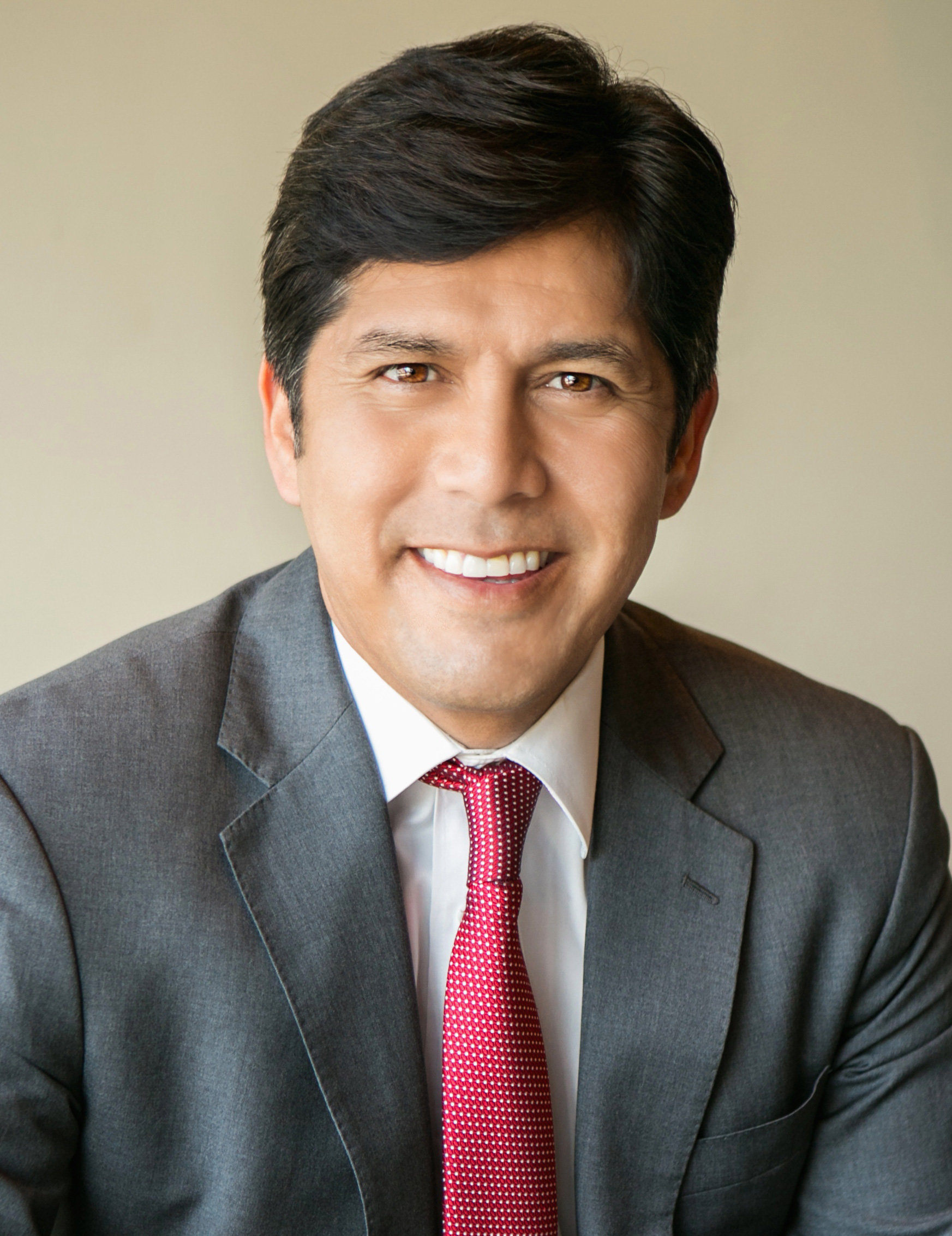During his campaign, President-Elect Donald Trump made unpredictability one of his calling cards. He advocated it as a foreign policy approach and as he has spoken to different audiences, he has sent different signals about possible directions that his administration might go on a number of fronts, one being immigration. That has created a lot of uncertainty as his Inauguration Day approaches.
On Saturday, Salon.com’s Angelo Young reported that the tech industry is concerned about the possibility that he will restrict the number of H-1B visas traditionally used to bring in highly skilled workers for specific jobs. He wrote:
They’re used to bring in foreign workers like nurses, teachers, fashion models and office staff with specialized skills. But the U.S. only issues 85,000 of these visas each year on a first-come-first-serve basis, and the constant demand far, far outpaces the supply. The quota is in place to prevent a flood of foreign workers who could wind up competing with locals for American jobs — something critics of guest worker programs say is happening even with the current cap. Entertainment and media giant Disney is being sued by 250 of its former IT workers who claim they were forced to train their Indian replacements before being laid off from their jobs at the company’s Orlando theme park. Last year, employers in Charlotte, North Carolina, a financial services hub that has a high demand for IT workers, submitted requests to the Labor Department for 16,500 H-1B workers. Because of the annual quota, most of these requests were either denied or delayed.
The wealth and number of CEOs Trump has chosen to be in his Cabinet make it appear as he would be friendly to corporations, but major corporations want the H-1B program left as it is or expanded.
In recent years, Silicon Valley companies like Intel, Qualcomm, Google and Amazon have been increasingly competing for these visas against information technology consulting companies like Cognizant, Tata Consultancy, Wipro and Accenture, whose business models depend heavily on access to H-1B visas. These consulting companies constantly flood the Labor Department with H-1B visa petitions to bring in workers, mostly from India, and therefore grab the biggest slice of the H-1B visa pie.
Many of those are simple coders, which requires no advanced degree or knowledge.

California State Senator Kevin de León
While the tech industry is trying to strategize how to proceed in such a climate of uncertainty, so is the state of California.Recently, state legislators introduced a series of bills designed to protect the state's immigrant community. According to The New York Times:
One would create a program to finance legal services for immigrants fighting deportation. Another would provide training and advice on immigration law to public defenders’ offices. Come the purge — and Mr. Trump has said he is going after two million to three million people immediately — many will need lawyers.
The third bill, potentially the most consequential, seeks to ensure that California will never be an accomplice to mass deportation. Its sponsor, Kevin de León, the California Senate president pro tempore, calls it the California Values Act, befitting a state that is nearly 40 percent Latino, and where one in four residents is foreign-born. It would bar state or local resources from being used for immigration enforcement, a strictly federal duty. No state or local law enforcement agency would be allowed to detain or transfer anyone for deportation without a judicial warrant.
So far, Trump's team has taken a dim view of "sanctuary cities" and similar efforts as providing havens for criminals, but the Times' editorial board sees it differently.
By drawing a bright line between federal immigration enforcement and local policing, the California Values Act would promote smarter, more effective law enforcement. Local officers would continue to keep the peace, and in the face of criminal threats — as validated by a warrant from a judge — would cooperate with federal agents. But if the Trump administration begins roundups of those who pose no danger, of minor offenders and noncriminals, staking out schools, churches, businesses and homes — they will not do its job for it.
Will the Trump Administration do anything to merit all this anxiety? We'll see, but it's clear that nobody is going into the next month without a plan.
Are you having legal issues with Immigration? Do you need legal representation?